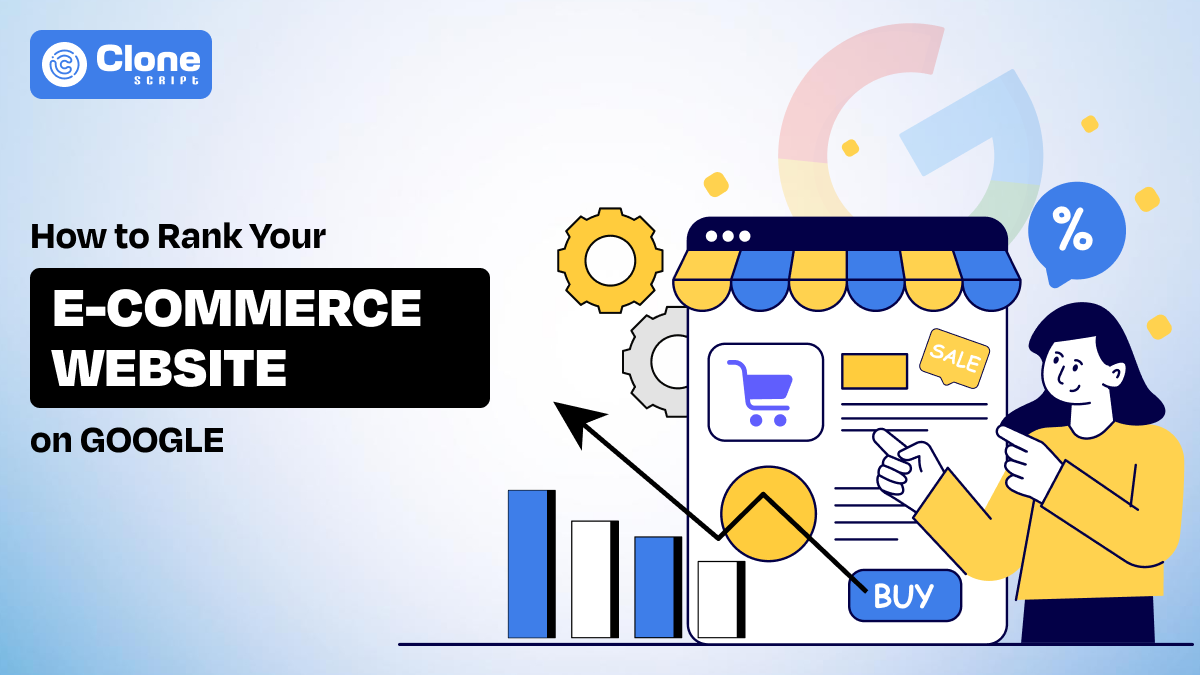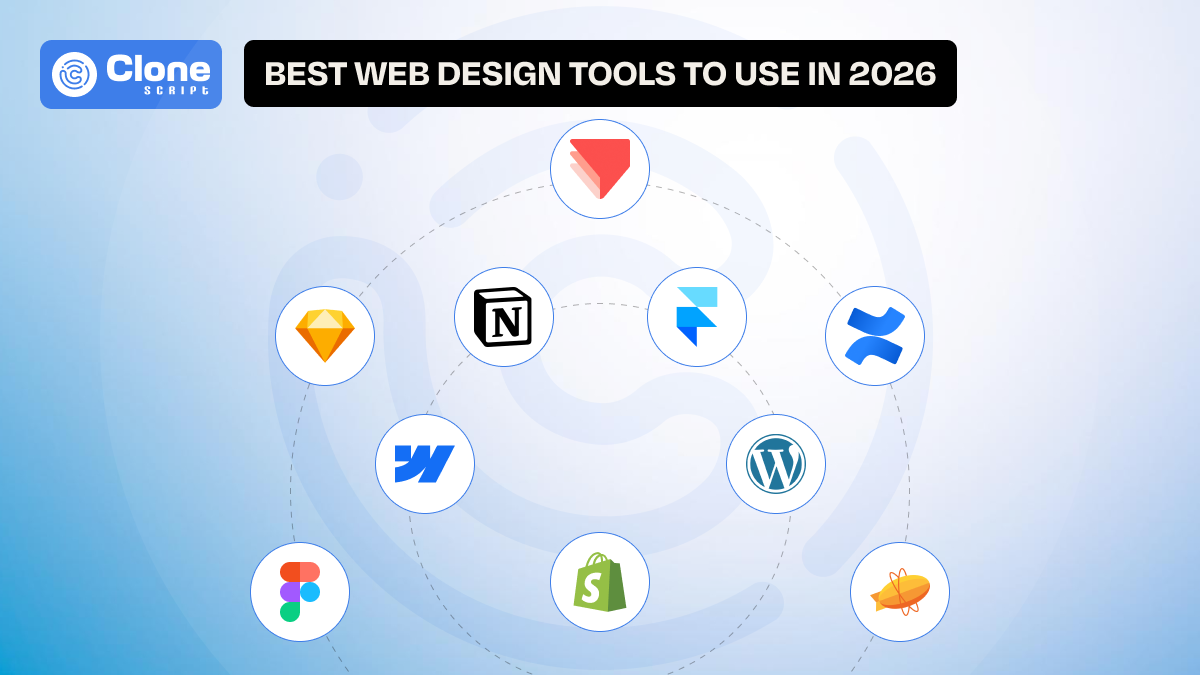How to Rank Your E-Commerce Website on Google
Want more customers to find your online store? Getting a higher search engine ranking in Google search results is key! Using some methods, you can improve your website’s search engine rankings. From clear descriptions to eye-catching images, learn how you can make your website Google-friendly and attract more shoppers. You may use some basic and advanced SEO techniques to perform better in Google’s search results.
Basic SEO
-
Think like customers, what will they enter to reach out to your products? Perform relevant keyword research to know such terms. You can rely on some freelancers for keyword research or perform it yourself using tools like Google Trends or Answer the Public. Include these keywords in titles and descriptions naturally, not forcefully.
-
Focus on creating a mobile-friendly website. Google’s search engine algorithms prioritize mobile-friendly websites. Prefer designing a responsive website that can run smoothly on every device. If you’re thinking of building an e-commerce website using pre-built e-commerce web templates then choose responsive web templates.
Advanced SEO
After completing the basics, it’s time to focus on advanced techniques.
Structured Data Markup
You can provide Google with additional information about your products, such as price, brand, and availability with the help of a structured data markup. This can improve your website's visibility in search results by allowing Google to display rich snippets.
Embrace Local SEO (if applicable)
If you have a brick-and-mortar store or offer local services, optimize your website for local SEO by claiming your Google My Business listing and ensuring your NAP (Name, Address, Phone Number) is consistent across the web. You can also contact local SEO experts for better results.
[Read more: How to Rank Your Meme Coin Website on Google]
Paid Advertisements
While SEO is an organic approach to ranking your website, paid advertisements can significantly boost your e-commerce website’s visibility and help you get immediate traffic. Social Media Ads and Google Ads are powerful tools to reach out to potential customers who are looking for products that are similar to yours. Here's how they can complement your SEO strategy:
Keyword Targeting
Utilize the same keyword research conducted for SEO to target relevant keywords in your Google Ads campaigns. This ensures you're reaching users with high purchase intent.
Rapid Results
Paid ad campaigns can deliver instant results by placing your product ads in top search results. It's a fantastic way to test different keywords, messaging, and landing pages to identify what connects best with your target audience.
Data-Driven Optimization
Google Ads and social media ads provide valuable data and insights into user behavior and campaign performance. Utilize this data to find the best strategies and refine your ad campaign accordingly.
Ongoing Monitoring and Adaptation
SEO is a continuous process. Google’s search engine algorithms keep evolving constantly, and user behavior shifts over time. So you’ll have to keep changing your SEO practices accordingly. Here are some key SEO practices to keep your website ahead in the competitive space:
Stay Updated on SEO Trends
Keep yourself informed about the latest and best SEO practices and algorithm updates. Resources like Google Search Central and industry blogs provide valuable insights.
Monitor Your Rankings
Track your website's search engine rankings for your target keywords using tools like Google Search Console or SEMrush. This lets you identify areas for improvement and measure the results of SEO strategies implemented by you.
Content Refreshment
Regularly update your website’s content with fresh, informative content that caters to evolving user needs and trends.
A/B Testing
Continuously test different elements of your website, such as headlines, product descriptions, and call-to-action buttons. This data-driven approach allows you to identify what connects best with your audience and optimize your website for conversions.
Conclusion
By implementing the strategies shown above, you can expect your e-commerce website to perform better in search engine results. With patience, consistency, and a data-driven approach, SEO may give the expected results. Try to consider both organic and paid search strategies, prioritize user experience, and continuously adapt to remain competitive in the e-commerce world. With dedication and the right tools, your online store can claim its rightful place in the digital marketplace.
 BTC - Bitcoin
BTC - Bitcoin
 USDTERC20 - USDT ERC20
USDTERC20 - USDT ERC20
 ETH - Ethereum
ETH - Ethereum
 BNB - Binance
BNB - Binance
 BCH - Bitcoin Cash
BCH - Bitcoin Cash
 DOGE - Dogecoin
DOGE - Dogecoin
 TRX - TRON
TRX - TRON
 USDTTRC20 - USD TRC20
USDTTRC20 - USD TRC20
 LTC - LiteCoin
LTC - LiteCoin







